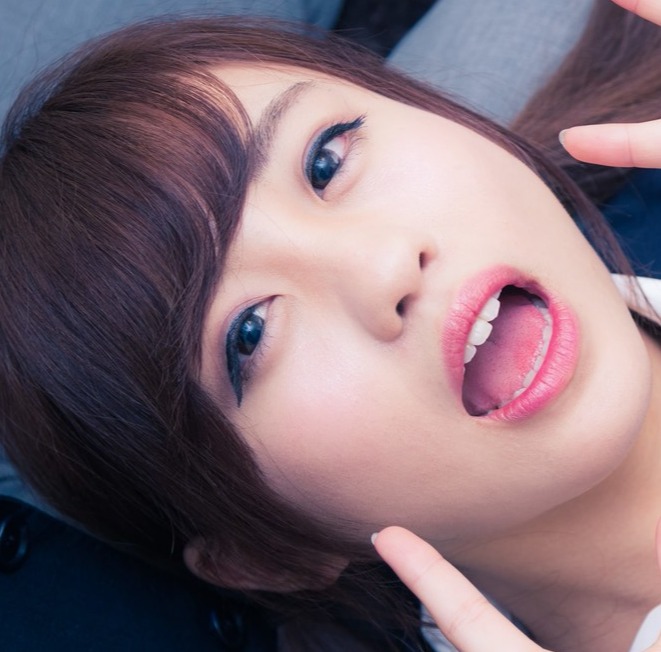“yomu” vs. “dokusho”:You Still Think They Mean “To Read”?
What is the difference between “読む(yomu) and 読書(dokusho)”? Which is used as the meaning of “to read BOOKS”? After reading this, you would be answering this question. Let me introduce what their subtle differences are and how you correctly use them such as native speakers today!
___を読む (yomu)
Read ___ / 阅读 / 읽기 / Đọc
“___を読む(___wo yomu)” means “Read ___” and which has been used as the meaning of “to look at words or symbols and understand what they mean”. The basic way to use it is “私は___を読む。(I read ___.)”, etc. For instance, “私は新聞を読む。(I read a newspaper.)”, “私は本を読む。(I read a book.)”, “私は記事を読む。(I read an article.)”, etc. The tips for using it are that “___を読む” is used for “EVERYTHING WE CAN READ” such as newspapers, books, articles, sentences, etc, unlike “読書“. Everyone could use “___を読む” as casual, polite and formal such as “新聞を読んだよ。(I read a newspaper.)” as casual, “新聞を読みました。(I read a newspaper.)” as polite and formal.
\ Learn Japanese language online with a personal native teacher!/
Sample
昨日、フェイスブックで面白い記事を読んだよ。 (I read an interesting article on facebook yesterday.) (昨天我在脸书里看到了一篇有趣的文章。) (어제 페이스북에서 재미있는 기사를 읽었어.) (Hôm qua, tôi đã đọc được một bài báo thú vị trên Facebook đấy.) (kinō, feisubukku de omoshiroi kiji wo yonda yo.)


これって何て読むんですか? (How do you read this?) (这个应该怎么念?) (이거 뭐라고 읽는 건가요?) (Cái này đọc như thế nào ạ?) (kore tte nante yomu n desu ka?)


マンガしか読まないよ。 (I only read comics.) (我只看漫画。) (만화밖에 안 읽어.) (Tôi chỉ đọc truyện tranh thôi.) (manga shika yoma nai yo.)


そうなの?本を読むことは大切だよ。 (Really? It’s important to read books.) (是这样吗?看书很重要喔。) (그래? 책을 읽는 건 중요해.) (Vậy sao? Việc đọc sách là rất quan trọng đấy.) (sō nano? hon wo yomu koto wa taisetsu dayo.)
読書する (dokusho suru)
Read a book / 看书 / 독서 / Đọc sách
“読書する(dokusho suru)” means “Read a book” and which has been used as the meaning of “to look at words or symbols and understand what they mean”. The basic way to use it is “私は読書をする。(I read a book.)”, etc. The tips for using it are that “読書する” is used for “ONLY BOOKS” not include newspapers, articles, sentences, magazines, etc, unlike “___を読む”. Although the basic way to use it is “読書をする。”, native speakers often omit “を” of “読書をする。” as polite and formal, so that would be “読書する” used as casual(polite). Everyone could use “読書する” as casual, polite and “読書をする” formal such as 読書したよ。(I read a book.) as casual, “読書(を)しました。(I read a book)” as polite and formal. Lastly, although “本を読む。(I read a book.)” and “読書(を)する。(I read a book.)” are the same meaning, “本を読む。” is casual than “読書(を)する。(I read a book.)”.


最近、あんまり読書してないです。 (I haven’t read books much lately.) (我最近没怎么看书。) (최근에 독서를 별로 안 하고 있어.) (Gần đây, tôi rất ít khi đọc sách.) (saikin, anmari dokusho shite nai desu.)


昨日、読書しました。 (I read a book yesterday.) (我昨天看书了。) (어제 독서를 했습니다.) (Hôm qua tôi đã đọc sách.) (kinō, dokusho shimashita.)


久しぶりに読書したよ。 (I have read a book for the first time in a long time.) (我好久没看书了。) (오랜만에 독서를 했어.) (Đã lâu lắm rồi tôi mới đọc lại sách đấy.) (hisashiburi ni dokusho shita yo.)


読書をすることは大切だよ。 (It’s important to read books.) (看书很重要的。) (독서를 하는 건 중요해.) (Đọc sách là điều rất quan trọng đấy.) (dokusho wo suru koto wa taisetsu dayo.)
\ Learn more! /









Comments